In May 2024, IAACA adopted the "Hong Kong Declaration on Strengthening International Cooperation in Preventing and Fighting Corruption" during the 8th ICAC Symposium and the IAACA Annual Conference held in Hong Kong. The Hong Kong Declaration outlines four key areas in which anti-corruption agencies (ACAs) are encouraged to strengthen their efforts: international collaboration, capacity building, public engagement as well as research and development. Over the past year, ACAs around the world has significantly advanced their efforts in the aforesaid areas.
At the first Executive Committee meeting of 2025 in May this year, ExCo members updated each other on their respective accomplishments since the adoption of the Hong Kong Declaration.
In the past year, many ACAs have strengthened cooperation in criminal matters such as assisting other jurisdictions in preventing and detecting the transfer of corruption proceeds, recovering illicit assets, and denying safe havens to fugitives. Individual ACAs also entered into memoranda of understanding (MOUs) with various counterparts to enhance anti-corruption cooperation for investigations, prosecutions, etc. For example, the Independent Commission Against Corruption (ICAC) of Hong Kong, China has signed MOUs with the United Nations Office on Drugs and Crime and anti-corruption agencies from seven countries.
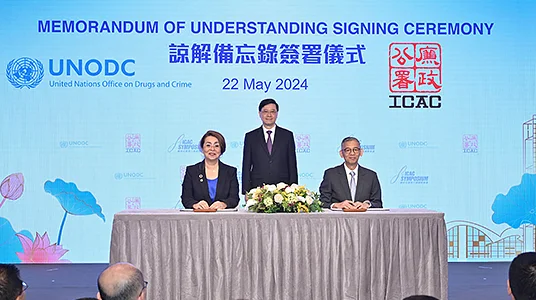
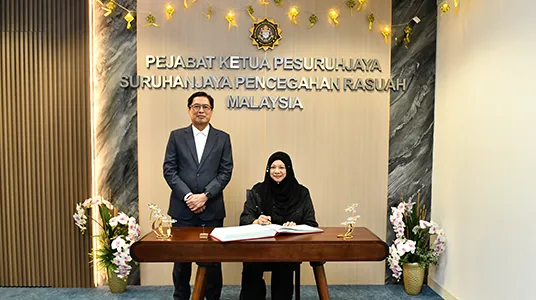
Another effective initiative for international collaboration was the strong partnership and active participation in global international organizations and platforms. Beyond IAACA, ACAs have worked closely together through initiatives such as the Global Operational Network of Anti-Corruption Law Enforcement Authorities (GlobE Network), ASEAN Parties Against Corruption, Asia-Pacific Economic Cooperation, European Contact-Point Network against Corruption, G20 Anti-Corruption Working Group, Organisation for Economic Co-operation and Development, etc. During the year, ACAs attended various events hosted by these international organizations around the world and took the opportunities to exchange graft-fighting knowledge, experience and insights.
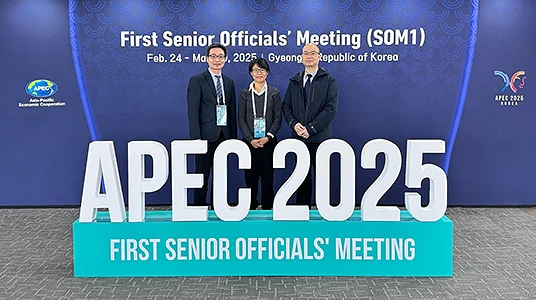
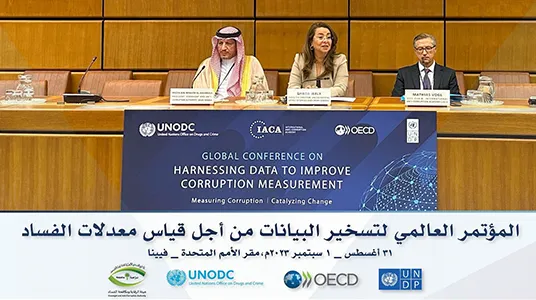
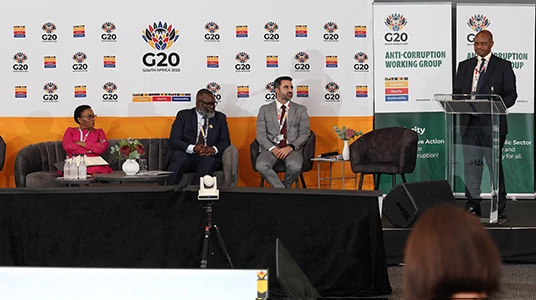
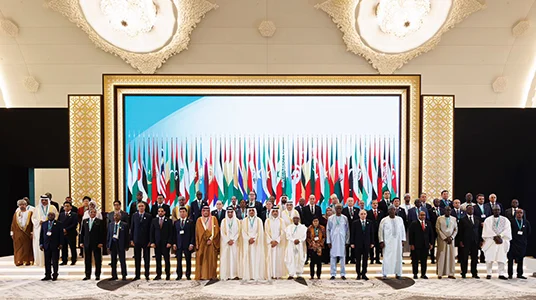
Capacity building is another pillar of the Hong Kong Declaration. It calls on ACAs to assist other jurisdictions to enhance anti-corruption capacity through trainings, exchanges, workshops as well as partnership projects. In this aspect, the Hong Kong ICAC launched the Hong Kong International Academy Against Corruption in 2024 and conducted over 30 international training programmes, benefitting more than 2,600 participants from over 70 countries. The anti-corruption academies in Special Investigating Unit of South Africa, the Malaysian Anti-Corruption Commission of Malaysia and the Oversight and Anti-Corruption Authority of Saudi Arabia also provided training programmes to assist other jurisdictions in enhancing anti-corruption capacities.
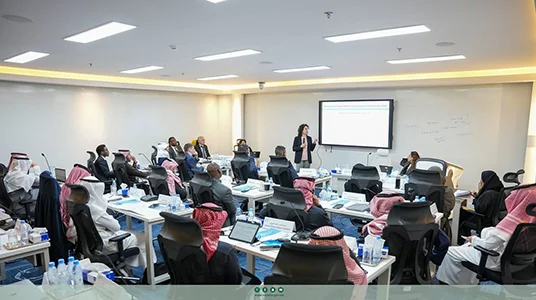
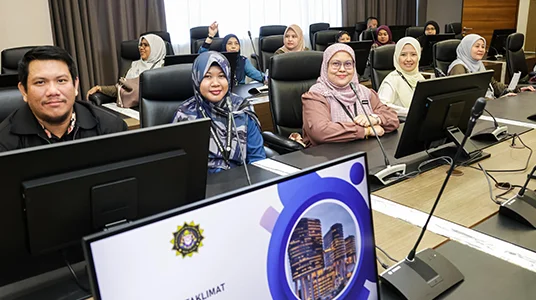
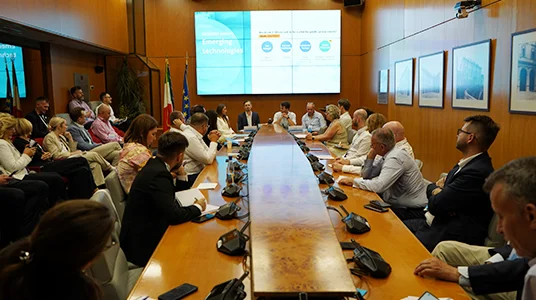
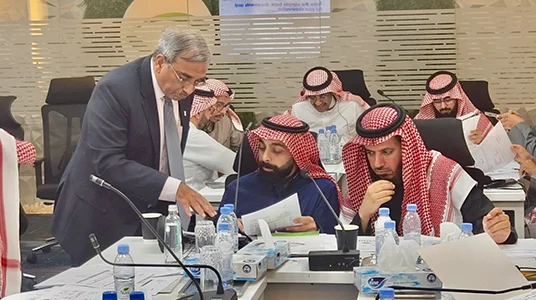
ACAs, under the Hong Kong Declaration, have also implemented diverse strategies to engage the society in fighting corruption, enhance public awareness and promote workplace integrity. Different awareness-raising campaigns organized by ACAs through social media publicity, online activities, school campaigns, large-scale anti- corruption events for citizens had effectively encouraged a culture of integrity and legality. In 2024, marking its 50th anniversary, ICAC hosted community events, unveiled Café "1974", renovated its exhibition hall with interactive exhibits, and conducted multimedia campaigns that amassed 27 million online views. The Anti- Corruption Bureau of Brunei Darussalam has trained public officers as anti-corruption ambassadors to educate colleagues and provide guidance. The Corruption Practices Investigation Bureau of Singapore has developed teaching kits and books for teenagers, and launched the Anti-Corruption Badge Programme for uniformed groups. The Financial Crimes Commission of Mauritius has also introduced the secondary school campaign to encourage youth engagement in financial crime prevention.

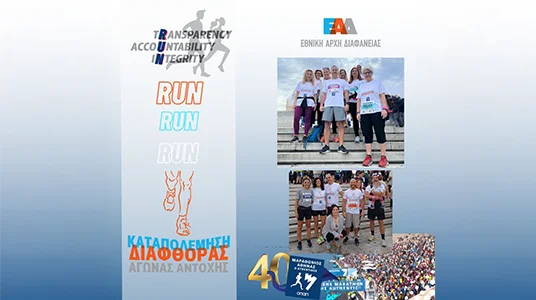
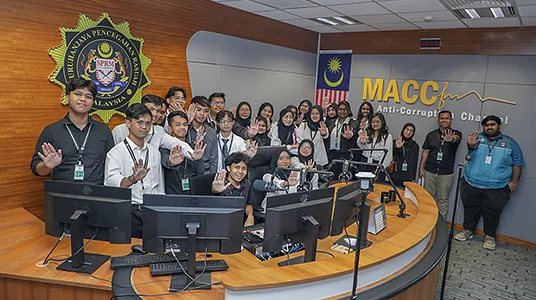
The Hong Kong Declaration also advocates the development of methodologies and indicators to measure corruption risks and trends. For example, the National Transparency Authority of Greece conducted a nationwide public opinion survey to collect qualitative and quantitative insights on corruption experiences, informing evidence-based policy decisions. Similarly, the Integrity Authority of Hungary is developing a methodology to measure corruption among the Hungarian population. In Italy, the National Anti-Corruption Authority has developed 70 risk indicators and is refining its ability to predict potential corruption by integrating statistical- econometric models and machine-learning techniques and extending the system to other databases. In addition, to strengthen investigative and preventive measures, ACAs had integrated advanced technology, such as artificial intelligence (AI) and blockchain, in their initiatives. In Hong Kong, ICAC has developed AI-powered tools to assist officers in formulating corruption prevention advice based on corruption prevention reports, consultations, and publications. These tools also provide real-time guidance to the public and answer inquiries about ICAC and anti-corruption laws. Countries such as Italy, Malaysia and Saudi Arabia had also established digital systems for public procurement and contract management.
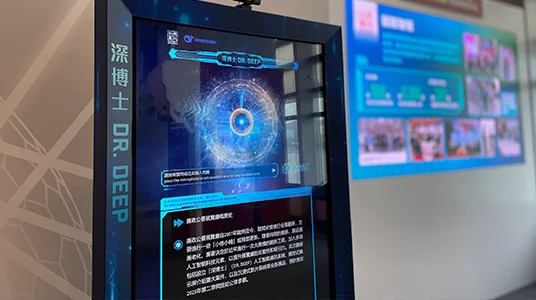
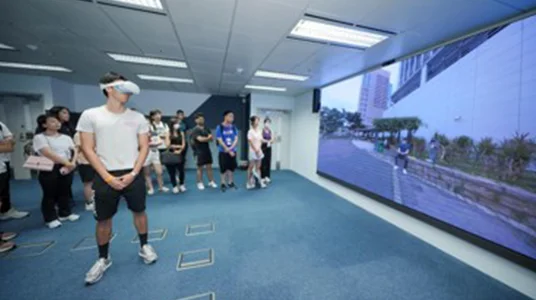
The above efforts by IAACA members have not only reinforced our collective commitment, but also ensure the long-term effectiveness of anti-corruption measures, ultimately cultivating a global culture of integrity and good governance.
As IAACA continues to drive global anti-corruption collaboration under the Hong Kong Declaration, members are encouraged to share their achievements through IAACA Newsletter. Together, we can strengthen international efforts to promote integrity and accountability across jurisdictions.